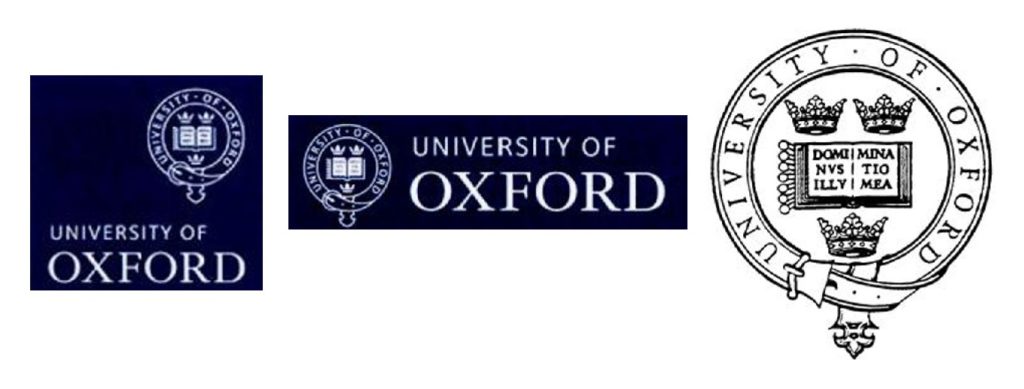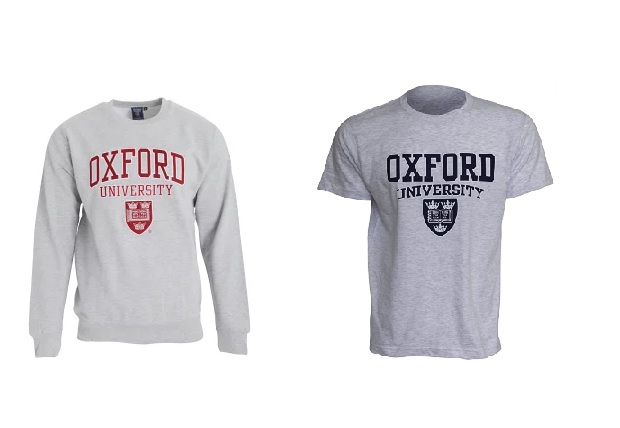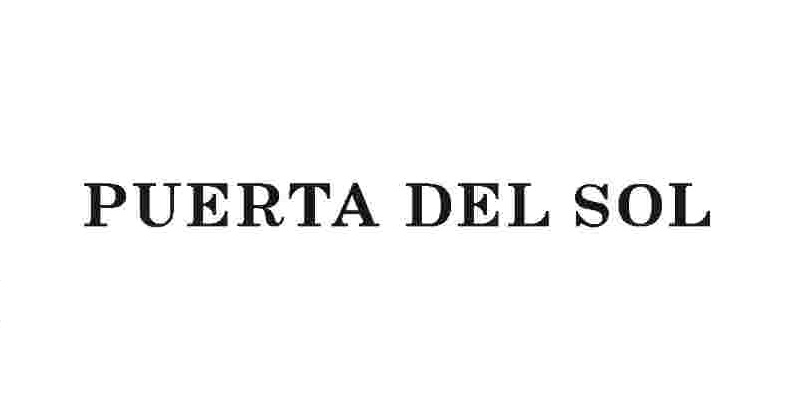On December 15, 2021, the Japan Patent Office (JPO) affirmed the examiner’s rejection to protect a wordmark “PATAGONIA” for seafood in class 29 and dismissed an appeal filed by Patagonia Inc. due to a lack of distinctiveness.
[Appeal case no. 2020-16786]“PATAGONIA”
An American clothing company that markets and sells outdoor clothing, Patagonia Incorporated, filed a divided-trademark application for wordmark “PATAGONIA” in standard character on goods of ‘fresh, chilled or frozen edible aquatic animals (not live); blue mussels, not live; oysters, not live; processed seafood products; soups’ in class 29 on August 19, 2019 (TM Application no. 2019-110730).

The JPO examiner rejected the mark in contravention of Articles 3(1)(iii) and 4(1)(xvi) of the Japan Trademark Law on August 24, 2020.
The examiner asserted “PATAGONIA” refers to a geographical region that encompasses the southern end of South America and is a popular tourist destination for nature-lovers and adventure-seekers. Since Patagonia travel guides often have contents of Patagonia’s seafood, it is likely that relevant consumers and traders at the sight of seafood bearing the wordmark “PATAGONIA” with ordinary care would conceive the goods from the Patagonia region and see it as an indication of the origin of seafood.
If so, whenever the mark is used on seafood, not from the Patagonia region, it inevitably misleads the quality of goods.
Appeal by Patagonia Inc.
On December 7, 2020, Patagonia Inc. filed an appeal against the rejection and argued the term “Patagonia” is frequently accompanied by “region” or “sea” when used to indicate the origin of seafood because Patagonia is neither a nation nor a specific province but is a region comprising of all southerly Chile and Argentina. Being that the applied mark “PATAGONIA” has acquired a substantial degree of reputation and popularity in connection with apparel as a source indicator of Patagonia Inc., relevant consumers would rather conceive of a famous apparel brand at the sight of seafood bearing the mark “PATAGONIA.”
Besides, it is questionable if relevant consumers are familiar with the Patagonian Sea as an origin of seafood available in Japan.
JPO decision
The JPO Appeal Board found the mark “PATAGONIA” lacks distinctiveness in connection with the goods in question by stating that fish and seafood from the Patagonian Sea have been imported to Japan over the past three decades. The term “Patagonia” perse or its transliteration written in Japanese Katakana character has been used to indicate the origin of the goods. Under the circumstances, it is unquestionable that relevant consumers at the sight of seafood bearing the mark “PATAGONIA” would see it as an indication of the origin of the goods.
The Board did not question the famousness of the “PATAGONIA” mark in connection with outdoor-related goods. However, the Board denied the distinctiveness of the mark in relation to seafood even though Patagonia Inc. has promoted seafood for sale in Japan since 2016 because the mark in question is not used, but “PATAGONIA PROVISIONS”.
Based on the foregoing, the Board dismissed the entire allegations and decided to reject the mark in contravention of Article 3(1)(iii).






